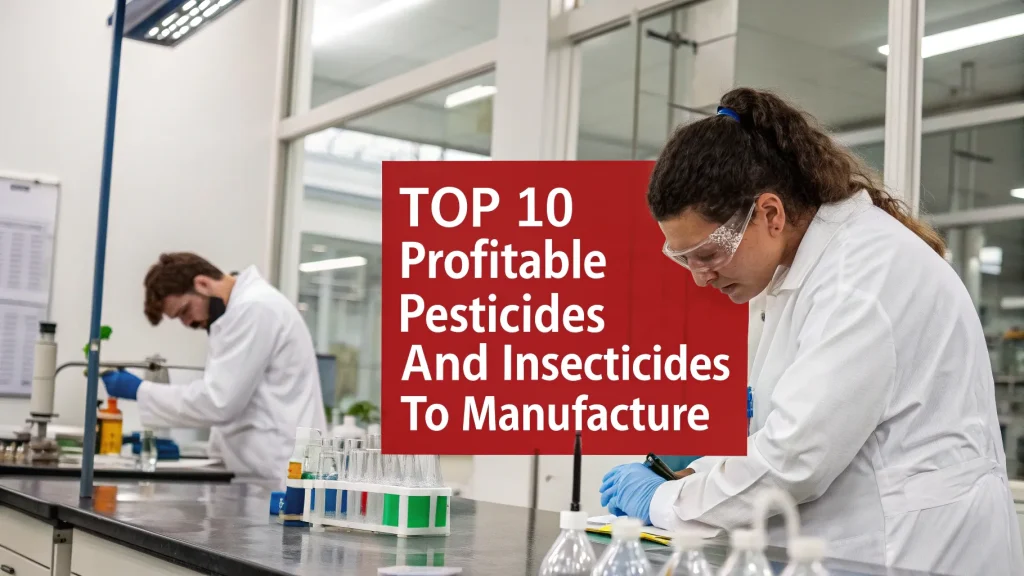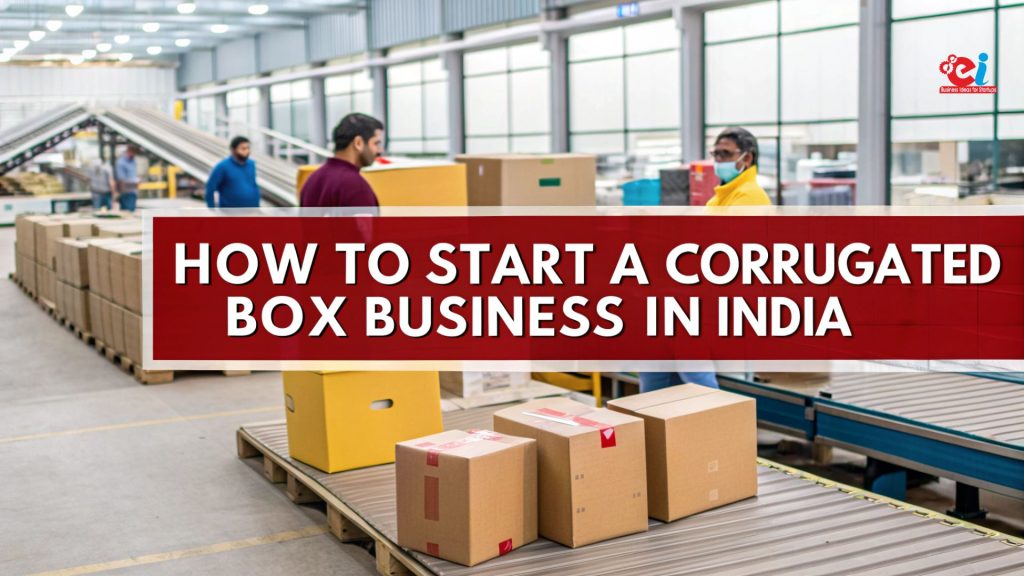India’s fragrance industry has witnessed substantial growth over the last few decades, with increasing demand across cosmetics, personal care, and home care products. One of the most lucrative niches within this domain is perfumery compounds manufacturing. These aromatic blends serve as the backbone of perfumes, deodorants, soaps, incense sticks, room fresheners, and even detergents. With rising disposable incomes and an evolving preference for personal grooming, the market offers an excellent opportunity for entrepreneurs looking to start a sustainable and scalable business. If you’re considering entering this dynamic space, now is the right time to explore the perfumery compounds manufacturing business.
Understanding the Scope of Perfumery Compounds Manufacturing
Perfumery compounds are complex mixtures of natural essential oils, aromatic chemicals, solvents, and fixatives. These compounds are formulated to offer a specific fragrance profile and are sold either to end users (for direct perfume blending) or industries (cosmetics, toiletries, incense, etc.). Perfumery compounds manufacturing doesn’t just involve creating a scent—it requires precision blending, knowledge of chemistry, and an understanding of market trends and consumer behavior.
India imports a large number of essential oils and aroma chemicals from countries like France, Indonesia, and China. However, local production is ramping up due to growing domestic demand. This trend provides budding entrepreneurs with the opportunity to establish a perfumery compounds manufacturing unit using indigenous raw materials and innovative blending techniques.
Market Demand and Trends
The Indian fragrance market is expected to grow at a CAGR of over 15% in the coming years. The increasing adoption of perfumes by youth, evolving fashion trends, and awareness of hygiene and grooming have contributed to the surge in demand for fragranced products. As a result, perfumery compounds manufacturing has become an integral supply chain segment for FMCG giants and small-scale fragrance brands alike.
Custom fragrances for niche brands, aromatherapy-based scents, and eco-friendly perfumery ingredients are gaining popularity. Entrepreneurs who align their products with these emerging trends stand to capture a significant share of the market.
How to Start a Perfumery Compounds Manufacturing Business
1. Market Research and Niche Selection
Begin by identifying your target market. Do you want to supply to perfume brands, incense manufacturers, or cosmetic companies? Choosing a niche will help you focus your R&D efforts and brand positioning.
2. Business Registration and Licensing
Register your business as an MSME (Micro, Small & Medium Enterprise) to avail government benefits. Obtain necessary licenses like GST registration, factory license, and consent from the Pollution Control Board if required. For units handling flammable chemicals, a fire department NOC is also mandatory.
3. Location and Infrastructure
Select a location with good transport connectivity and ample space for production, storage, and quality control labs. Industrial areas or outskirts of major cities like Mumbai, Kannauj (India’s perfume capital), or Hyderabad are ideal.
4. Machinery and Equipment
For a small to medium-scale unit, you’ll need blending tanks, reactors, weighing scales, mixers, filtration units, and packaging machines. Investment in modern machinery ensures uniformity and product consistency—essential for high-quality perfumery compounds manufacturing.
5. Raw Materials Procurement
The main ingredients include essential oils (jasmine, sandalwood, lavender, etc.), aroma chemicals (like aldehydes and esters), fixatives (such as musk compounds), solvents (like ethanol or DPG), and preservatives. Establish long-term contracts with reliable suppliers to ensure quality and price stability.
6. Formulation and Testing
This is the core of your business. Hire or collaborate with skilled perfumers (also called “noses”) who understand the art of fragrance creation. Invest in a fragrance lab to test new blends, check for stability, and ensure they meet industry standards.
7. Packaging and Branding
Since your product may be used as a B2B raw material or white-labeled for brands, the packaging should be functional and protective rather than decorative. However, proper labeling, technical data sheets, and safety instructions are crucial.
8. Marketing and Sales Strategy
B2B marketing is essential in perfumery compounds manufacturing. Attend fragrance expos, partner with cosmetic startups, offer free sampling to companies, and list your services on trade portals like IndiaMART and TradeIndia. You may also consider digital marketing campaigns targeting specific industries that use fragrance compounds.
Financial Aspects and Investment
The initial investment to start a small perfumery compounds manufacturing unit can range from ?10 to ?25 lakhs depending on scale and automation. Here’s a rough cost breakdown:
-
Land and building (rented/small unit): ?3–5 lakhs
-
Machinery and equipment: ?5–8 lakhs
-
Raw materials (initial stock): ?2–4 lakhs
-
Licensing and compliance: ?50,000–?1 lakh
-
Working capital and marketing: ?2–3 lakhs
Profit margins in this industry can go as high as 30–50%, especially when supplying to niche markets or exporting.
Legal Compliance and Safety Measures
Since the business involves handling volatile oils and solvents, safety is non-negotiable. Here are some compliance and safety tips:
-
Install fire extinguishers and ensure all staff are trained in fire safety.
-
Use explosion-proof electrical fittings.
-
Maintain a Material Safety Data Sheet (MSDS) for each raw material.
-
Dispose of chemical waste responsibly as per pollution control guidelines.
-
Ensure regular testing for quality, batch consistency, and shelf life.
Adhering to ISO 9001 or GMP standards also helps improve product credibility.
Opportunities for Export
There is massive global demand for Indian perfumery compounds, especially in Middle Eastern, African, and Southeast Asian markets. Indian manufacturers can benefit from competitive pricing, local availability of raw materials, and centuries-old heritage in fragrance crafting. Obtaining export certifications, connecting with international distributors, and marketing on platforms like Alibaba or ExportHub can expand your reach.
Challenges in the Industry
While the potential is high, the perfumery compounds manufacturing industry does come with its set of challenges:
-
Sourcing consistent-quality raw materials can be difficult.
-
Fragrance preferences vary widely across regions and demographics.
-
Entry of global giants and price competition may affect margins.
-
Formulation expertise is hard to find and usually expensive.
-
Regulatory and environmental norms are becoming stricter.
To overcome these, entrepreneurs should invest in continuous R&D, stay updated on international trends, and focus on innovation.
Conclusion
Starting a perfumery compounds manufacturing business in India is a promising venture with high demand, profitable margins, and export potential. With proper planning, investment, and market research, you can build a scalable enterprise that serves both domestic and international markets. Whether you choose to work with traditional Indian scents or develop modern blends for luxury brands, the opportunities are immense. Focus on quality, safety, and innovation to ensure your business not only survives but thrives in this fragrant and competitive industry.
By entering the perfumery compounds manufacturing space today, you set the foundation for a future-ready, evergreen business in one of the world’s most sensorial and dynamic markets.





